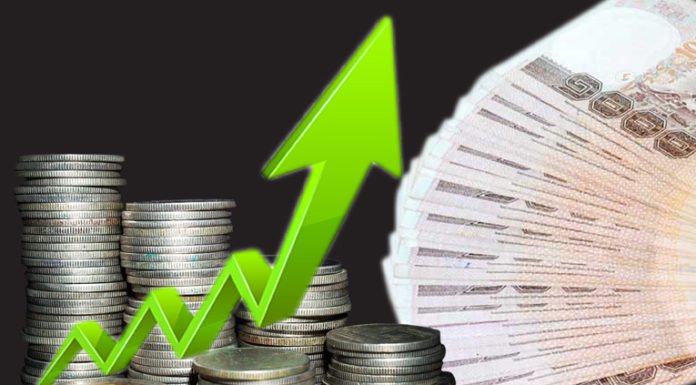Thailand’s Prime Minister Prayuth Chan-Ocha said the nation has to think about expenditure in dollars to help weaken its currency.
“We have to think how we will spend in dollars in many ways to help weaken the baht,” Prayuth said in a speech Monday, adding the private sector needs to help with that process.
‘A current-account surplus, capital inflows and high foreign reserves are among the causes of baht strength,’ he said.
The comments in Bangkok could be a reiteration of earlier government entreaties for more imports, which require converting baht to spend in dollars, economists said.
Calls to the prime minister for more clarity weren’t immediately answered.
“The premier may be urging people to spend more by converting baht into dollars,” said Kampon Adireksombat, head of economic and financial market research at Siam Commercial Bank Pcl.
“He wants people to import more and invest more. If we spend more, that will also help reduce our trade surplus.”
The baht weakened 0.1% to 30.242 per dollar as of 1:32 p.m. in Bangkok.
The local currency’s 8.8% surge against the dollar in the past year makes it the best performer in emerging markets.
The central bank loosened rules on capital outflows last month, its latest effort to damp an appreciation that’s hurt exports and tourism.
Thailand’s National Economic & Social Development Council predicts 2.6% gross domestic product growth in 2019, which would be the slowest pace in five years.




